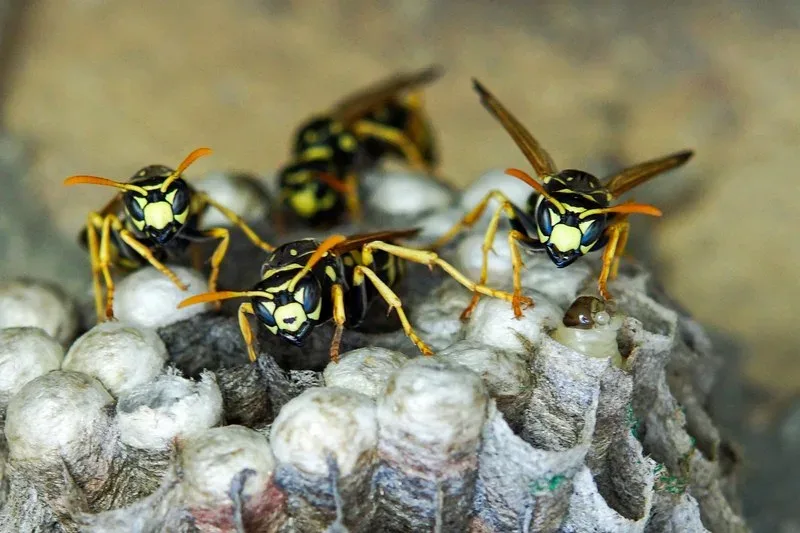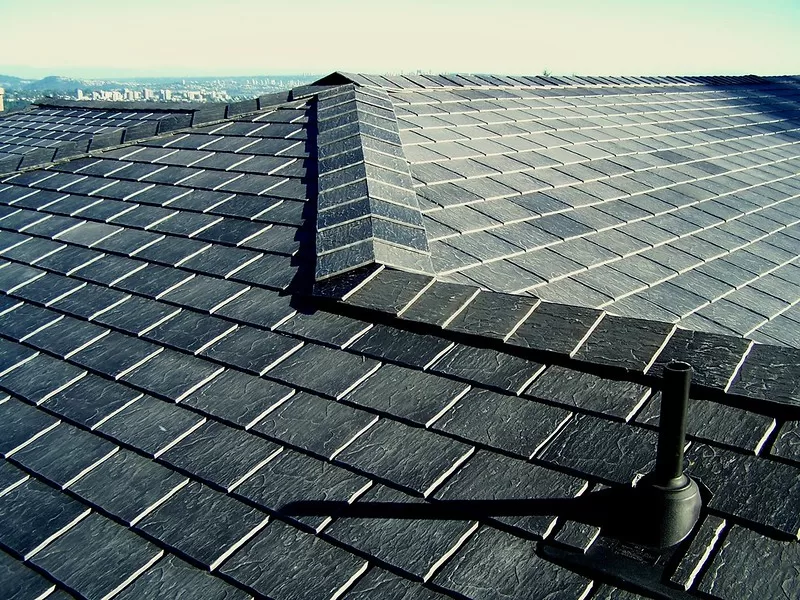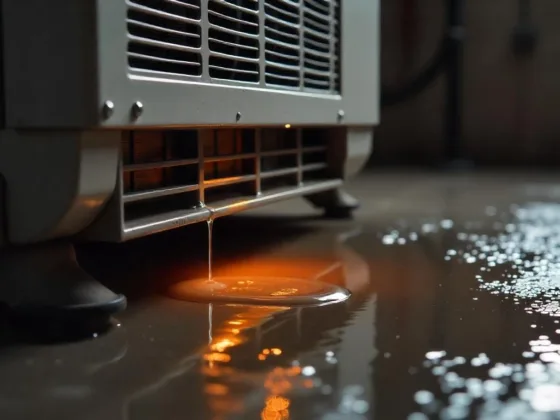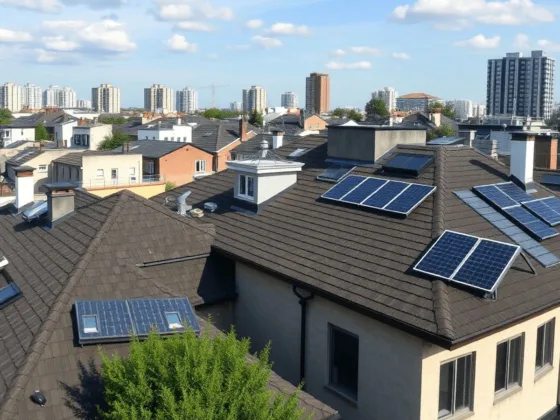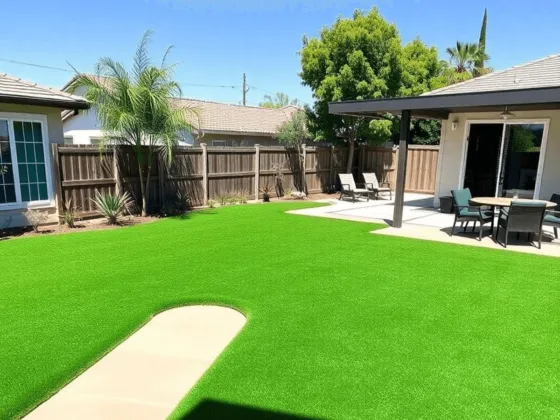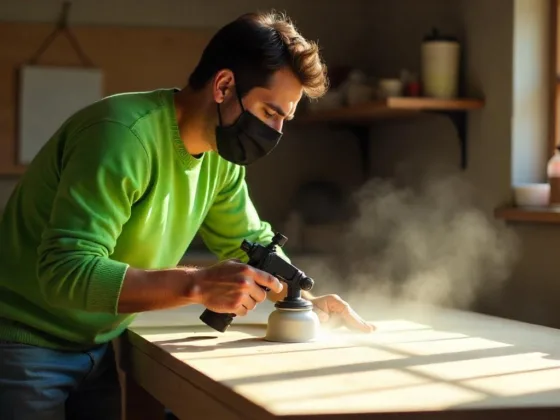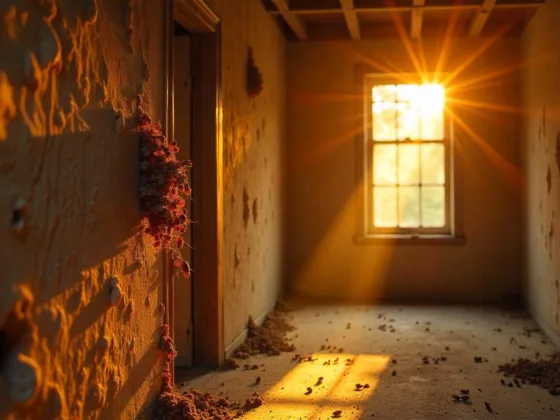Wasps are dangerous and frightening pests. They can give risky painful stings.
If they set their nest in or near your home, they frequently enter your space through windows and entryways. They tend to build their nest in trees, under eves, in grounds, and inside wall void and attics.
The worker bees are very protective and aggressive about their nest, and they are ready to pack a powerful sting if they feel threatened by someone who tries to destruct their nest. It’s better to prevent strategy in the first place.
It’s important to know kinds of wasps for their proper identification. There are paper wasps, yellow jackets, mud daubers, and hornets. It’s time to take prevention steps if you see these pests flying about your house.
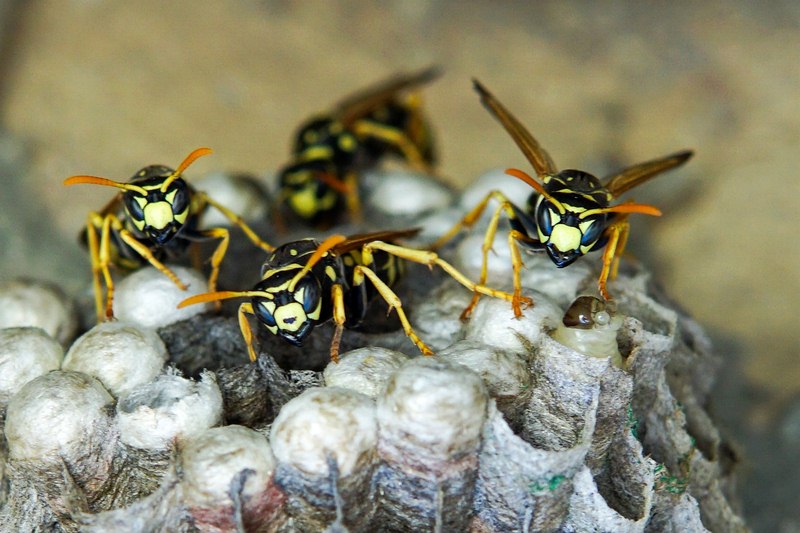
Taking preventive action is the best way to avoid nesting of these pests, particularly during spring and summer. Here are some prevention tips.
Seal Entry Points
Gaps and fractures can be formed around your doors and windows as a result of changing weather patterns. Wasps and hornets can easily take advantage of them. These open crevices make your house vulnerable to nesting activity.
Also, pay special attention to your attic and basement and look for any wall voids. Fill and seal those cracks, window frames, and entry points.
Eliminate their Food Source
If you don’t want wasps to love near or around your home and chasing you with their buzz, limit their food source. They get attracted to the place where they believe they’ll find their food.
Ensure that no food is left out in your garden, especially anything sweet or sugary like fruits. You may enjoy open-air dining in summer, but that food can be enticing for wasps.
Always clean up those leftovers and throw juice or soda boxes in a covered trash can. Uncovered trash can placed outside your home or in your backyard can also invite wasps to nest in your home.
Grow Plants that Deter Wasps
Another useful tip to prevent wasp infestation around your house is to grow the plants that they don’t like. Not only these plants are useful to prevent them from nesting but also aesthetically pleasing to add beauty to your yard.
Generally, wasps do not like Mint, Eucalyptus, Wormwood, and Citronella plants. Therefore, incorporate these plants into your landscaping, and the wasps will not consider your lawn to build their nest.
Maintain Your Fruit Trees
You have to be mindful of any fruit trees or plants in your yard. Fruits are sweet and juicy, thereby attracting certain pests, including wasps.
Regularly inspect the trees and remove any fruit pieces that may have fallen and smashed to the ground. Open fruits and fruit nectar is highly appealing for wasps.
So, maintain your fruit trees if you don’t want to face problems with wasp infestation in the future. Also, pluck and collect fruits that are developed and ready to eat.
Hang a Fake Nest
Having a backyard with fruit trees means your home is more vulnerable to wasp infestation. Wasps tend to have territorial colonies. If they see there is already a colony in the area, then they are likely to look for another place to build their nest.
You can take advantage of this behavior. Buy a fake nest or create a fake nest by using a brown paper bag. This is a great tip to prevent wasps from living around your home or in your backyard.
